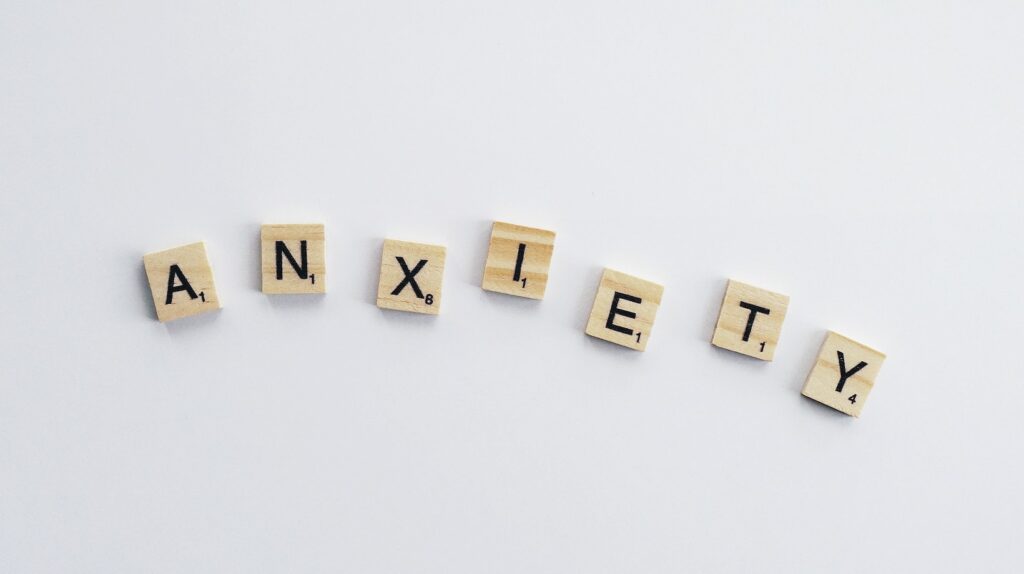Table of Contents
ToggleThe Impact of Anxiety on Job Performance
Dealing with anxiety can be a real challenge, especially when it comes to the workplace. For individuals who struggle with anxiety, certain jobs can exacerbate their symptoms and make it difficult to perform at their best. In this section, we’ll explore the impact of anxiety on job performance and shed light on some of the worst jobs for people with anxiety.
- High-Stress Environments: The constant pressure, tight deadlines, and demanding workloads can trigger heightened feelings of stress and overwhelm. Examples of high-stress jobs include emergency responders, air traffic controllers, stockbrokers, or event planners. These roles often require quick decision-making and handling unpredictable situations which can increase anxiety levels significantly.
- Customer-Facing Roles: Jobs that involve frequent interactions with customers or clients can also be overwhelming for individuals with anxiety. Dealing with difficult customers may lead to heightened social anxiety and increased stress levels.
- Performance-Based Careers: Careers that heavily rely on performance evaluations or public presentations can be nerve-wracking for people living with anxiety disorders. The fear of judgment or failure in these settings can hinder job performance and cause additional stress. Professions like actors/actresses, public speakers, musicians/artists often face intense scrutiny from audiences or critics which might amplify feelings of self-doubt and anxiousness.
- Highly Competitive Fields: Some industries are known for their competitive nature where individuals constantly feel the need to prove themselves against others. This intense competition fosters an environment that may not be suitable for those struggling with anxiety disorders due to the constant pressure to outperform colleagues or meet unattainable standards set by others in the field.
- Isolation-Intensive Jobs: While some individuals with anxiety may find solace in working alone, for others, isolation can trigger feelings of loneliness and anxiety. Jobs that require long periods of solitude and minimal social interaction might not be suitable for those who thrive on teamwork and collaboration.
Worst Jobs for People with Anxiety
When it comes to finding a job that suits someone with anxiety, it’s important to consider the level of social interaction involved. Certain jobs can be particularly challenging for individuals who experience high levels of anxiety in social situations. Here are some examples of jobs that may pose difficulties for people with anxiety:
- Stockbroker: Working in the fast-paced world of finance as a stockbroker involves making split-second decisions based on market fluctuations. The constant pressure to analyze trends, manage portfolios, and meet clients’ financial goals within strict deadlines can lead to heightened levels of stress and anxiety.
- Salesperson: Sales roles typically require building relationships with clients, meeting sales targets, and engaging in persuasive communication. The pressure to meet quotas and deal with rejection on a regular basis can heighten anxiety levels, making this job particularly stressful for those prone to anxiety.
- Event Coordinator: As an event coordinator, you’ll need to interact and communicate effectively with various stakeholders such as clients, vendors, and attendees. The fast-paced nature of this role, coupled with the need for constant social interaction and multitasking, can be overwhelming for individuals who struggle with anxiety.
- Public Relations Specialist: Public relations specialists are responsible for maintaining positive relationships between their organization or clients and the public. This involves frequent networking events, media interactions, and public speaking engagements – all activities that can trigger high levels of stress .
- Emergency Room Doctor or Nurse: Working in an emergency room demands swift decision-making skills under intense circumstances where lives are at stake. High patient volumes, long shifts without breaks, and the constant pressure to provide optimal care can cause significant stress for people with anxiety.
It’s worth noting that everyone’s experience is unique when it comes to managing anxiety in the workplace. Some individuals may thrive in these positions despite their anxieties while others find them overwhelmingly challenging. It’s essential to prioritize self-care strategies and seek support when necessary to maintain a healthy work-life balance.












